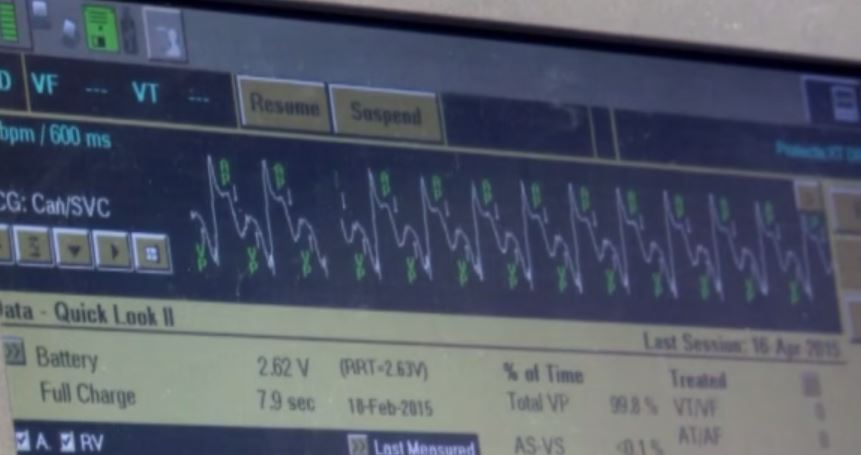More than 350,000 people experience sudden cardiac death in the United States annually. Placement of an implantable cardioverter-defibrillator or ICD, can help prevent sudden cardiac death in patients who have weakened heart function, including those who have previously experienced a heart attack. A new study looks at older patients who developed weakened heart function after a heart attack and whether or not they underwent placement of these defibrillators, and also what portion of the patients were still alive two years later.
Researchers from Duke University examined clinical information from more than 10,000 Medicare beneficiaries who had a heart attack from 2007 to 2010. Less than one in ten patients who might have been eligible for an ICD had one placed within a year of their heart attack.
Although further research is needed, the results found that implantation of an ICD was associated with 36 percent lower risk of death at two years. Patients who followed up with their doctors within two weeks after hospital discharge were more likely to get a defibrillator as were patients who underwent previous heart bypass surgery.

















